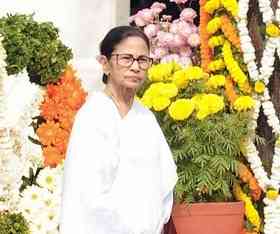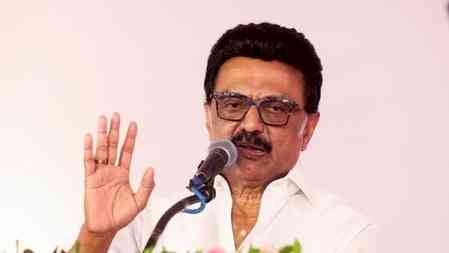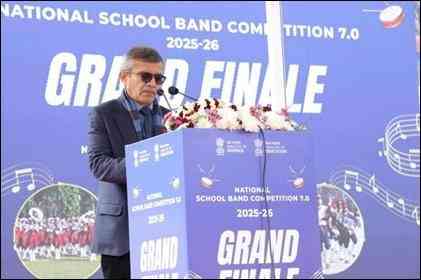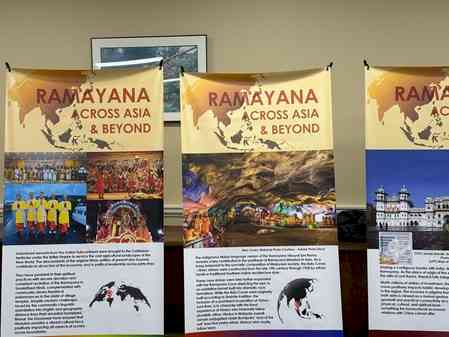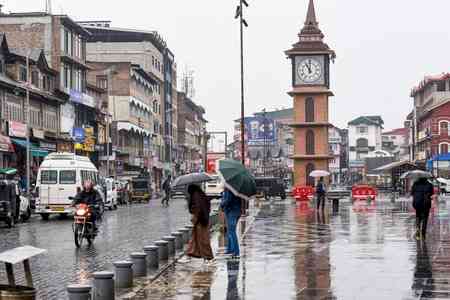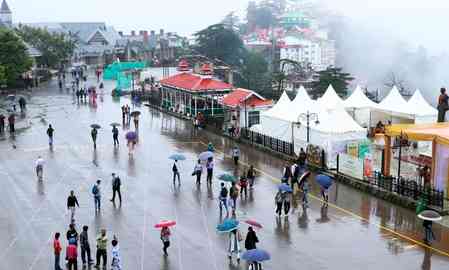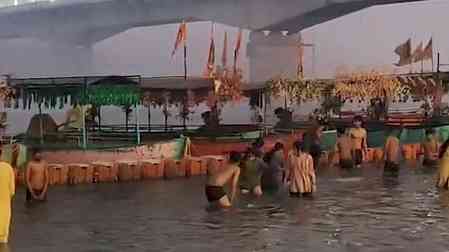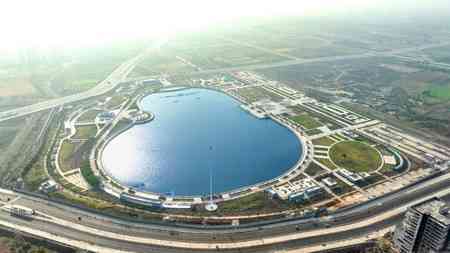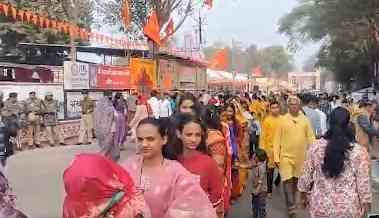Today we rename cities for revenge, not for closure: Historian Manu Pillai at IIMA
Famous historian Dr Manu Pillai on Wednesday shared insights on Indian history and his oeuvre, at the Indian Institute of Management, Ahmedabad.
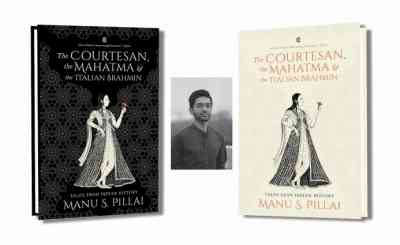
Ahmedabad, Oct 11 (IANS) Famous historian Dr Manu Pillai on Wednesday shared insights on Indian history and his oeuvre, at the Indian Institute of Management, Ahmedabad.
Known for titles like ‘The Ivory Throne’, ‘The Courtesan, The Mahatma And The Italian Brahmin’, and ‘False Allies’, Dr Pillai emphasised on Indian history and said. “The past is not a picnic. It's not a sanctuary of comfort but a realm that often leaves one grappling with more questions than answers. It demands a critical examination.”
On the contentious issue of renaming cities, Dr Pillai mused, “One way to look at it is to witness history being created before our eyes. Like when Mayawati renamed places, she made a statement for the people. But we should just leave things as they are because our current approach lacks maturity. We are navigating a politics of revenge rather than seeking closure. One cannot take revenge on the past.”
To this, Prof Chinamy Tumbe of IIMA wittily responded, “If names keep changing, this could well be the Indian Institute of Management Karnavati.”
Discussing his 2016 book ‘The Ivory Throne: Chronicles of the House of Travancore’, which delves into the reign of Sethu Lakshmi Bayi in Travancore, Dr Pillai revealed, “Royal families slapped a Rs 5 crore defamation lawsuit against me due to my critical portrayal. My narrative wasn't rose-tinted but was firmly grounded in fact.”
Born in 1990 in Mavelikkara, Kerala, Dr Pillai spent his formative years in Pune. He pursued his Bachelor's Degree in Economics from Fergusson College, Pune, and went on to earn a Master's Degree in International Relations from King's College, London.
Reflecting on his perspective on history, Dr Pillai commented, “Often, history is perceived predominantly through the prism of Delhi and the North. Hailing from South India, I observe our rich history being overshadowed. Through my writings, I endeavour to offer a fresh, more encompassing perspective.”


 IANS
IANS 
